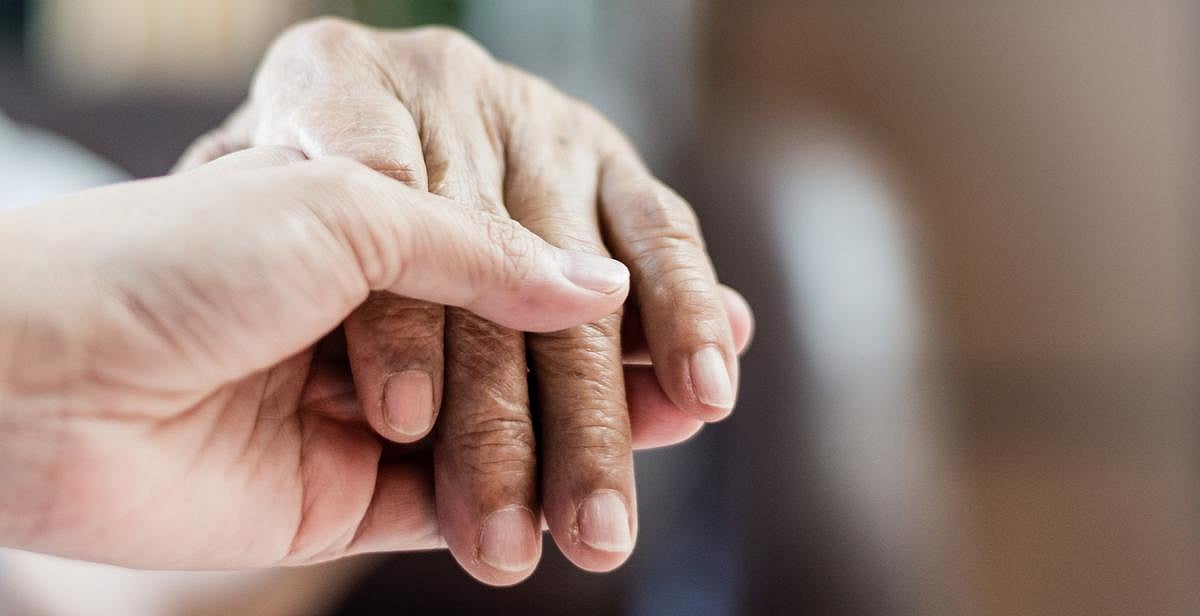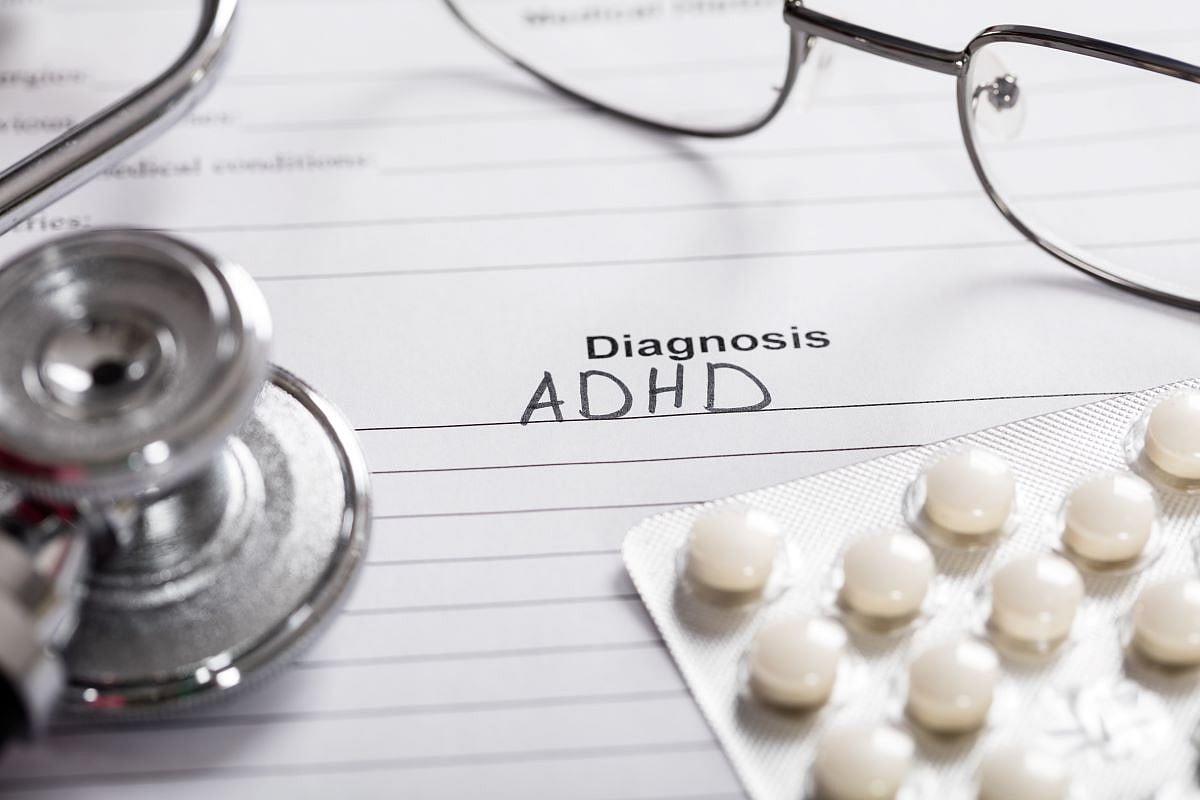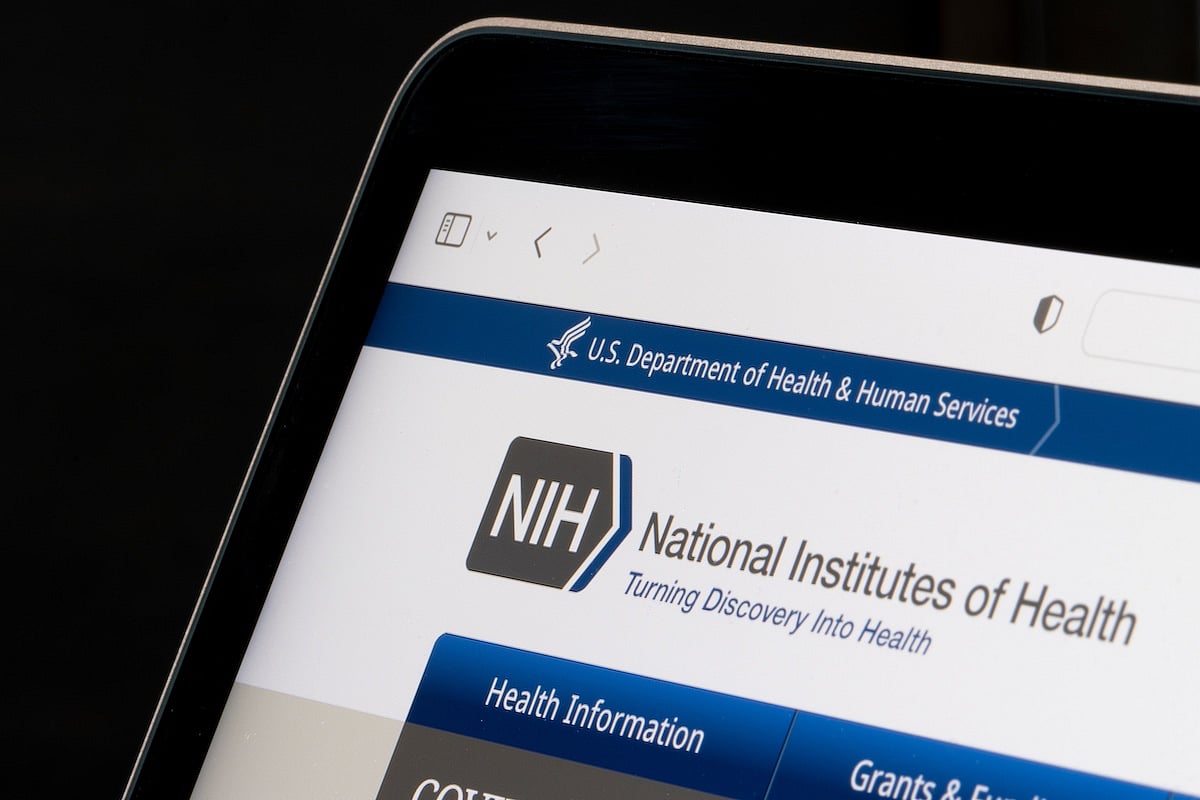
Zoo workers and volunteers often grieve when animals die, and zoo managers can do a better job of supporting them, a new study finds. “Zoo professionals and volunteers frequently face significant emotional strain due to animal losses, yet structured organizational support for processing grief remains limited,” lead author Nichole Nageotte, adjunct instructor at Unity Environmental… read on > read on >






























